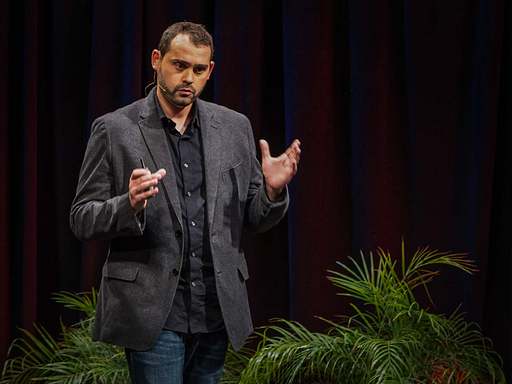Paul Piff studies how social hierarchy, inequality and emotion shape relations between individuals and groups.
Why you should listen
Paul Piff is an Assistant Professor of Psychology and Social Behavior at the University of California, Irvine. In particular, he studies how wealth (having it or not having it) can affect interpersonal relationships.
His surprising studies include running rigged games of Monopoly, tracking how those who drive expensive cars behave versus those driving less expensive vehicles and even determining that rich people are literally more likely to take candy from children than the less well-off. The results often don't paint a pretty picture about the motivating forces of wealth. He writes, "specifically, I have been finding that increased wealth and status in society lead to increased self-focus and, in turn, decreased compassion, altruism, and ethical behavior."
What others say
“When was the last time, as Piff puts it, that you prioritized your own interests above the interests of other people? Was it yesterday, when you barked at the waitress for not delivering your cappuccino with sufficient promptness? Perhaps it was last week, when, late to work, you zoomed past a mom struggling with a stroller on the subway stairs and justified your heedlessness with a ruthless but inarguable arithmetic: Today, the 9 a.m. meeting has got to come first; that lady’s stroller can’t be my problem. Piff is one of a new generation of scientists—psychologists, economists, marketing professors, and neurobiologists—who are exploiting this moment of unprecedented income inequality to explore behaviors like those.” — Lisa Miller, New York Magazine

